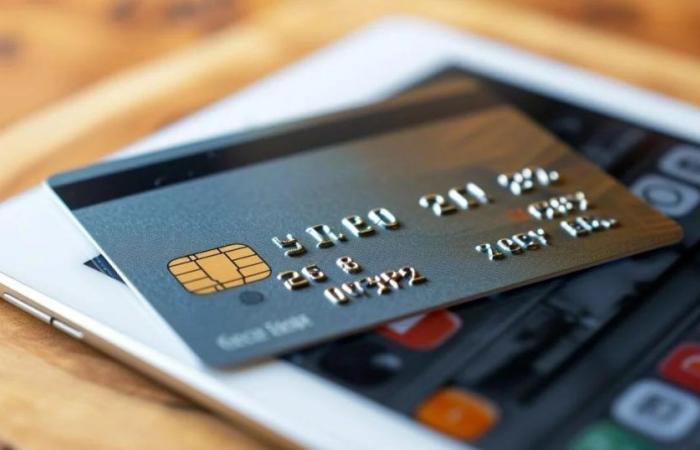A Bluetooth-enabled credit card was designed so that if it gets lost, users always know where it is. It’s called an IoT credit card, It is part of the Internet of Things (IoT)a network where physical devices such as vehicles, appliances, sensors and now this card can exchange data over the internet.
Samsung’s Smart Things Find app Allows users to locate their smart credit card easily.
For example, if a person loses their wallet or bag containing their IoT credit card while traveling, they can check the last location where their phone lost connection to the smart financial device, or review the location history for the past 7 days.
However, the main drawback of the card is that it must be recharged wirelessly every 30 days or so, which means keeping an eye on its battery level on a monthly basis.
Initially, these cards will be launched in South Korea. In September 2023, Samsung Electronics, KB Kookmin Card and American Express agreed to develop smart devices supporting Bluetooth Low Energy (BLE).
The IoT credit card works by integrating BLE technology, which enables an efficient, low-power wireless connection between the card and a device such as a smartphone.
Let’s imagine Maria, who is at an airport and accidentally leaves her wallet, which contains her IoT card, in a store. Realizing it later, she uses the Smart Things Find app on her phone to see the last location where the BLE connection to her card was lost. This gives you a clue as to where she might have left her wallet.
In addition, You have the ability to review your location history for the last 7 days in the app. This allows you to track where you’ve been with your card, which is useful for remembering where you’ve used it or checking to see if you’ve left it somewhere else.
If she strays too far from her card (for example, if she leaves it behind at a restaurant), the app can send her an alert to remind her that she’s separated from her card, helping her avoid loss or theft.
The smart credit card, especially when it incorporates technologies such as Bluetooth Low Energy (BLE) for remote communication and management, presents some potential risks that must be considered:
– Data security: There is a risk that data transmitted between the card and connected devices may be intercepted or compromised if robust security measures, such as strong encryption and proper authentications, are not properly implemented.
– Risk of cloning:Although BLE technology is designed to be secure, there is always a theoretical risk that the card can be cloned if the authentication and encryption data are not handled correctly.
– Privacy issues: Using technologies like BLE to track location and Use of the card could raise concerns about user privacys, especially if the information is shared without proper consent or used for unauthorized purposes.
– Battery dependency: The need to periodically recharge the card’s battery can be inconvenient and, if not done in a timely manner, could result in the temporary loss of card functionality.
– Compatibility and interoperability: There may be compatibility challenges with different devices and operating systems, which could limit the usefulness of the card in certain environments or with certain specific devices.
Bluetooth Low Energy (BLE), also known as Bluetooth Smart, is a wireless communication technology designed to consume little power while maintaining an effective connection over short distances.
It was developed as an extension of the classic Bluetooth standard to meet the needs of devices that run on small batteries and need to operate for long periods without frequent recharging.






